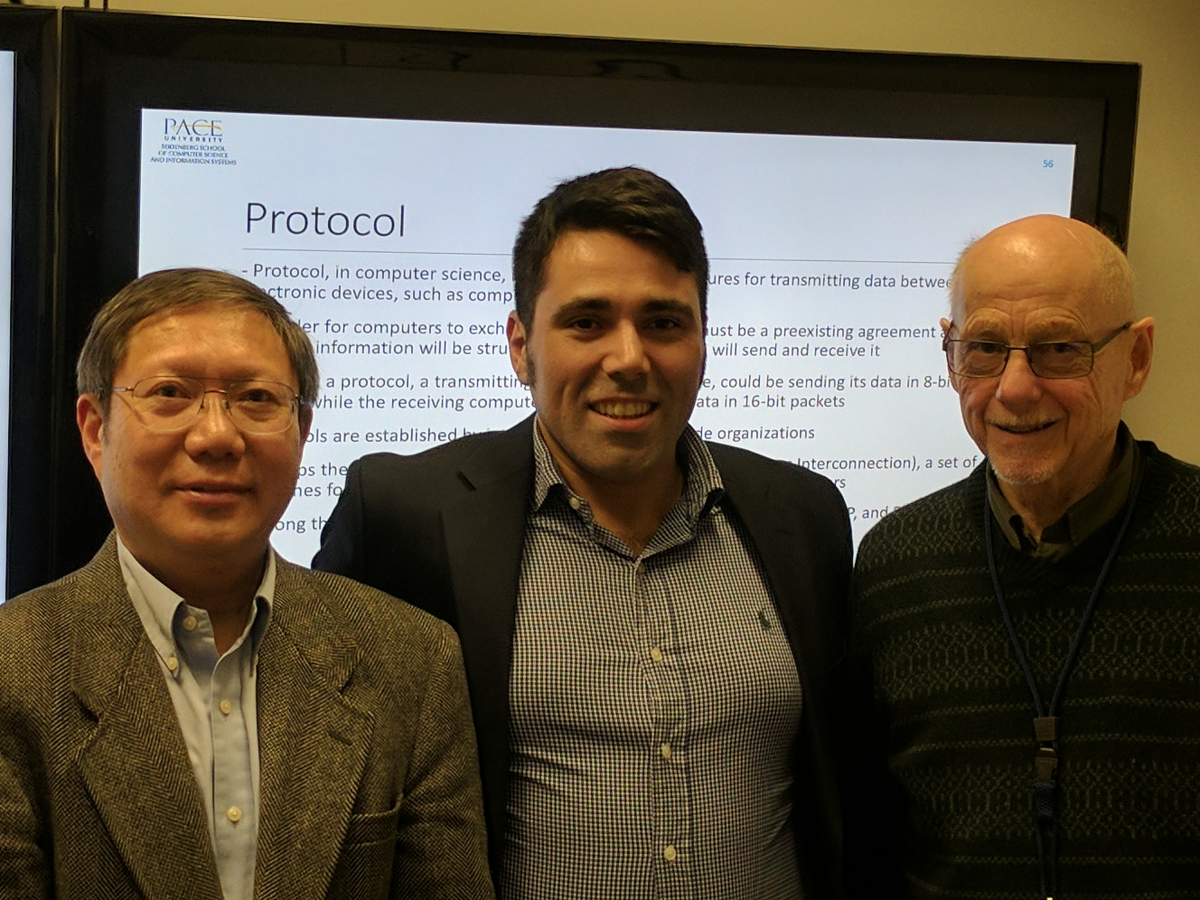PhD student Sandra Kopecky will be presenting her paper “Cyber Security Paradox from a User’s View Point” at Computing Conference in London this summer.
The conference, sponsored by IEEE, will see Sandra presenting her work to an international audience of peers. The publication of the paper will fulfil one of the dissertation requirements and put Sandra one step closer to earning her Doctor of Philosophy in Computer Science.
“I was ecstatic to receive acceptance notice,” Sandra said. “This is an SAI-IEEE conference, and I’m going to be presenting my paper along with others in a session at this conference. Wow!! I haven’t done that before.”
Given that Sandra was the sole author of the paper, having it accepted for publication and presentation at the conference is a big deal.
“I’ve been on various panels discussing cyber security, women in the engineering/computer field, my view point as a college student – at various levels, and my background. But never to present my work,” Sandra said.
So why did Sandra choose a unique topic like cybersecurity from a user’s point of view?
“There is much written and researched, however the point of view is almost always from a company’s point of view and the user just has to accept it, no questions asked,” Sandra explained. “Cybersecurity affects everyone in every field across the board. I decided to look at this from a different point of view: that of the user. This paper is the beginnings of that broader topic.”
Sounds like a great paper – the idea of ‘user first’ is no stranger to user experience and human-computer interaction, and it’s certainly interesting to hear about one of our students considering the user’s viewpoint when it comes to cybersecurity, too. Enjoy the conference, Sandra, and we can’t wait to hear about it when you get back!



